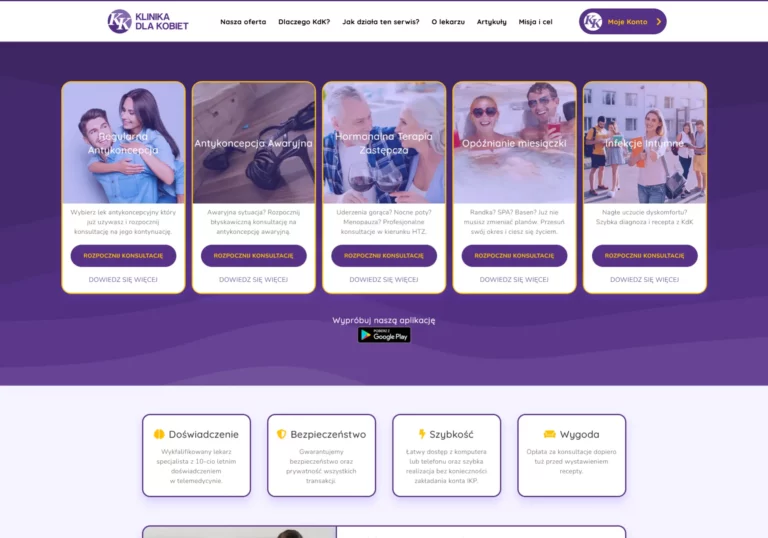The Product owner role may be associated with the product ownership due to what the name indicates. However, is it truly what this role entails? Or is there more to the Product Owner than some may think? Yes, Product Owner is a much more demanding but exciting role. That is why today’s article takes a closer look at the specifics of this position.
What Are Product Owners in Scrum?
According to the Scrum Guide, Product Owner’s main aim is to maximize the product’s value. Depending on many factors, such as the product size, the Scrum Team, and the organization, this focus may have different realizations. Therefore, there are various product owners’ responsibilities. It may sometimes need clarification which responsibilities belong to the product owner role and which ones to other roles, such as, e.g., product manager’s role.
Is the product owner role the same as the product manager role?
In short, these are different roles with different objectives. However, confusion may arise because sometimes, the two positions’ responsibilities are similar. It applies mainly to smaller projects or organizations. The most significant difference between the two is that the product owner is a function within a Scrum Team. Product Manager, on the other hand, is a more strategic role when it comes to the bigger picture, such as the whole organization.
Product owner role and the responsibilities
Product owners focus on the product itself. They are accountable for the Scrum team’s work. What does it mean in practice? Product owners will manage the Product Backlog. It may include such activities as:
- Creating and communicating the Product Goal and Product Backlog items;
- Ordering Product Backlog items
- Ensuring transparency and understanding of the Product Backlog.
Implementation of product vision
Product owners may be considered leaders who move the team through the to-do tasks. However, the right approach is to treat the role as a bridge between the vision and the execution of that vision. In other words, the product manager has the vision and the goal of the product in mind. But it takes the product owner to implement the actual tasks and milestones to be reached while completing each stage of the product development. It includes the responsibility for the whole team, who needs to follow the roadmap and the strategy that the product manager created.
Successful realization of Agile methodologies
Another essential part of product owners’ jobs is familiarity with agile methodologies. It stems from the origin of the role of the product owner, which is rooted in Scrum. Working with the team following agile methodology requires an influential figure who knows the ins and outs of such tools. Whenever Product Managers have a vision, the product owners must ‘translate’ this vision to the agile methodology of choice.
Cross-functional collaboration
One of the most significant responsibilities the product owner role entails is collaboration. But this collaboration is not only between the product manager and the devs team. It also involves other roles and professions, such as designers, marketers, quality assurance teams, and stakeholders. All these different teams have different points of reference and areas they prioritize in the project. A product owner is the one to consider all of them and find a way to implement the features with the help of the Scrum team. Therefore, effective communication and collaboration require product owners to have at least (the very least, truth be told) basic knowledge in all the above areas.
Creating product backlog
Based on all the knowledge, product owners specify the plan of action, which in Agile is called a product backlog. It needs to align with the vision and goals, but most of all, be adaptable to all the changes that are inevitable in the Agile process. In reality, creating a backlog consists of making difficult decisions. One such decision is the answer to the question of what to include in a given sprint so that it delivers significant value to the customers and the business. It requires a broader perspective and customer knowledge. Product owners rely a lot on gathering customers’ feedback. They analyze the data and customer stories to elicit future improvements and plan the sprints accordingly.
Such planning also requires knowledge of the competition, emerging trends, and brand-new technologies that may significantly contribute to the product’s success.
Managing product backlog
If creating a product backlog was not a responsible enough task, product owners must also manage it. What does it mean in practice? Firstly, such a backlog needs to be clearly defined. The whole scrum team needs to develop a product they initially need to learn more about. It is then a product owner’s role to explicitly build a vision of the product in team members’ minds.
Moreover, the product owner role also entails the prioritization of tasks. Tasks prioritized are not only essential tasks from a logical point of view. These tasks are also prioritized per the customer’s vision and goals. Once the team finalizes the sprint, a product owner evaluates the performed work and provides necessary feedback. This feedback is crucial for preparing the next sprint and backlog, improving the project outcome.
Should you be the product owner?
As the client, of course, you own the product. And many clients perform some functions of product owners. However, in the light of this article, you can see that product ownership is entirely different than what the role of the product owner entails. All the responsibilities of the role ensure the strive for the goal of building and improving a product that helps customers solve their problems. At the same time, these actions ensure your product’s success. If some of the responsibilities of the role mentioned above came as a surprise, the best strategy for your product development is to delegate the role of the product owner.
Sailing Byte is here to help. Years of experience on the market as software developers make us the perfect choice for your product development team. Apart from all the above responsibilities, we also take care of the often-overlooked part: ensuring that the product complies with all relevant regulations and standards. This part and managing any legal responsibilities related to the product are yet another role the product owner must perform. Leaving product ownership in our hands means outsourcing it to professionals. Sailing Byte is a company that knows the responsibilities of a good product owner and is not scared to fulfill them. Book a call today to discuss the best product development strategy that we will implement while creating your software.




